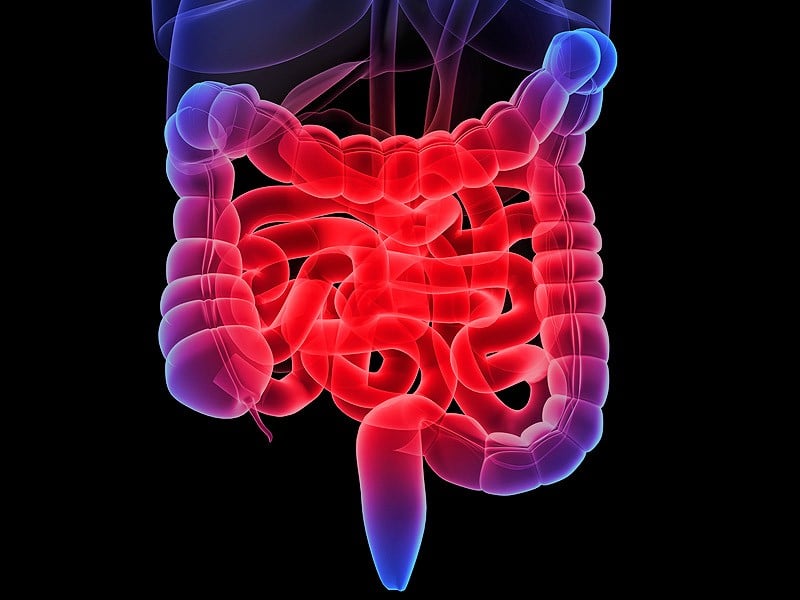Gastrointestinal Cancer

As its name suggests, this type of cancer is mainly found in organs like the small and large intestines, biliary system, anus, rectum, liver, colon, pancreas, and stomach. In its early stages, symptoms may not necessarily be present. It’s also impossible to experience developing GI tumors in most cases. Thus, most cancers in the gastrointestinal tract are usually identified during screenings and before symptoms begin manifesting. They can also be diagnosed once they’ve advanced to a level where symptoms are caused.
GI cancers start when the cells that line the digestive tract’s organs mutate and begin growing, producing tumors. It can also sometimes spread to the surrounding organs and lymph nodes. However, health experts don’t fully understand what causes the disease. Only specific factors can contribute to the appearance of abnormalities, like smoking, obesity, infections, and various risk factors in the environment. Healthy living is the best way to prevent it, from a healthy diet to exercise. Regular screenings are also critical to catching the condition early, making it more treatable than it would have been if it was caught in the later stages.










